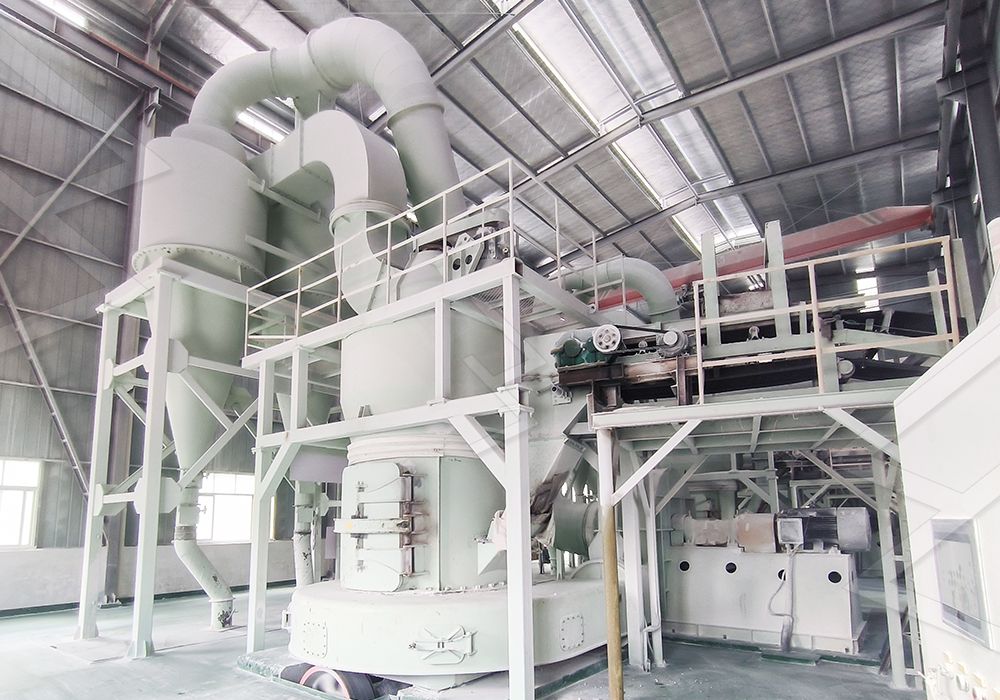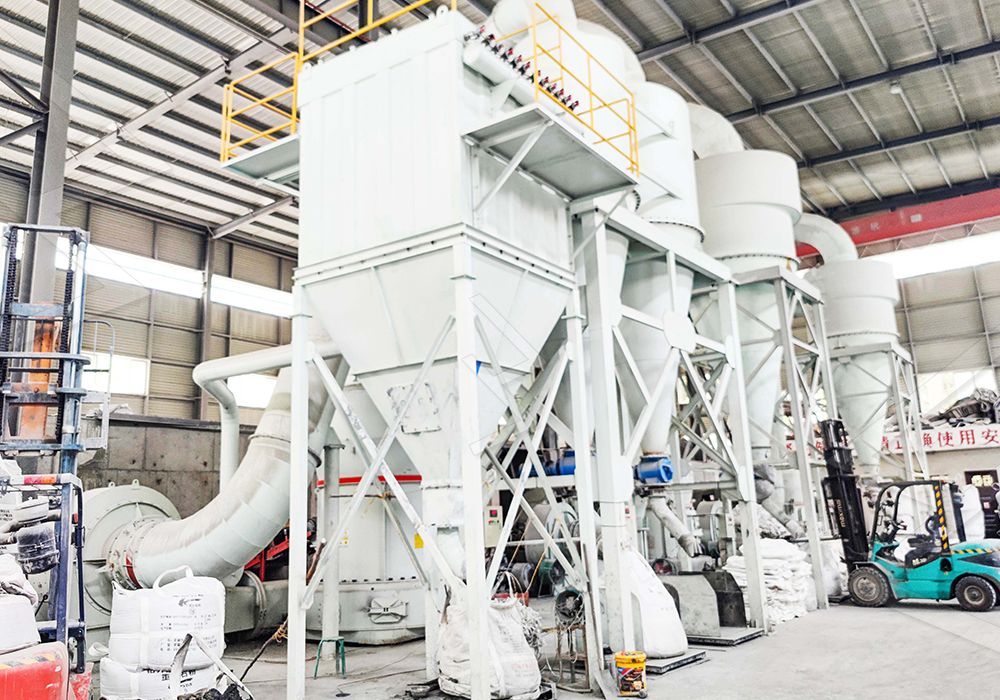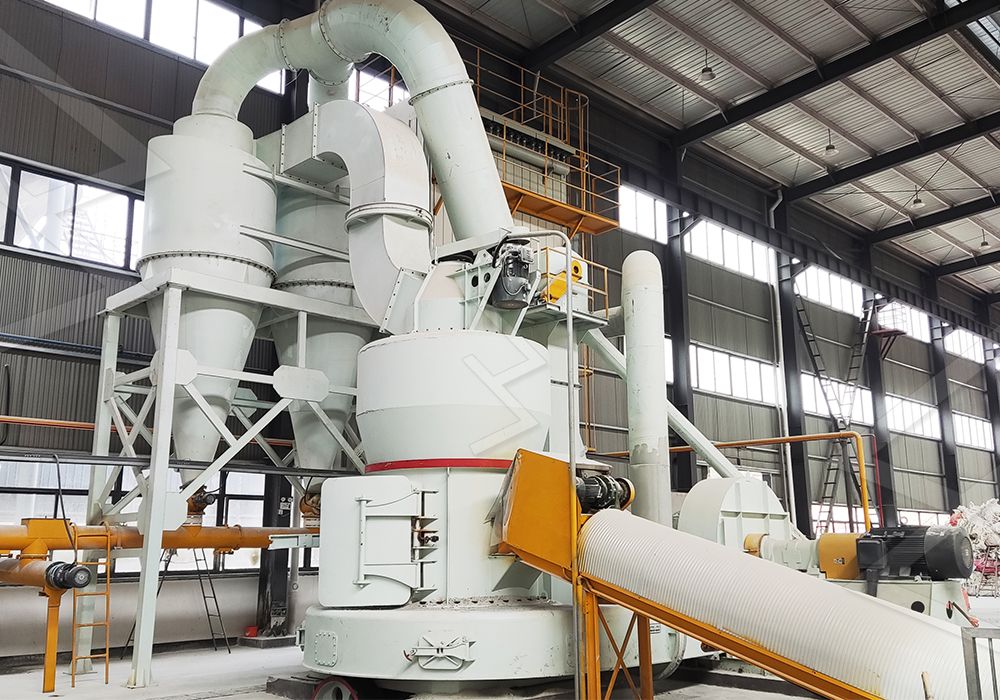6R Raymond Mill for Large-Scale Industrial Grinding Applications
Meeting the Demands of Modern Industrial Grinding
In today’s competitive industrial landscape, processing operations require robust, efficient grinding solutions that can handle substantial production volumes while maintaining consistent quality. The 6R Raymond Mill represents a significant advancement in large-scale grinding technology, designed specifically for heavy-duty applications where throughput and reliability are paramount.
With an input size capacity of up to 25mm and throughput ranging from 0.6 to 5 tons per hour, the 6R Raymond Mill stands as a workhorse in numerous industrial sectors. Its enhanced grinding pressure, achieved through six grinding rollers, provides superior grinding force compared to smaller Raymond mill models, making it ideal for processing medium-hard materials in bulk quantities.

Advanced Design for Heavy-Duty Performance
The 6R Raymond Mill incorporates several engineering innovations that distinguish it from conventional grinding equipment. The six grinding rollers are arranged in a symmetrical pattern around the grinding ring, creating a balanced grinding force distribution that minimizes vibration and extends component life. This configuration allows for continuous operation under demanding conditions, with reduced maintenance requirements and improved operational stability.
One of the key advantages of the 6R design is its ability to maintain consistent particle size distribution across large production runs. The integrated high-efficiency separator ensures precise classification of ground materials, while the automatic lubrication system guarantees smooth operation of all moving parts, even during extended production cycles.
Environmental and Operational Considerations
Modern industrial operations must balance production efficiency with environmental responsibility. The 6R Raymond Mill addresses this challenge through its enclosed system design, which effectively contains dust and minimizes particulate emissions. The optional pulse dust collection system can be integrated seamlessly, ensuring compliance with increasingly stringent environmental regulations.
From an operational perspective, the mill’s straightforward maintenance requirements contribute to reduced downtime. The accessible design allows for quick inspection and replacement of wear parts, while the robust construction ensures long-term reliability in demanding industrial environments.

Complementary Solutions for Specialized Applications
While the 6R Raymond Mill excels in many industrial grinding scenarios, operations requiring ultra-fine powders or specialized material processing may benefit from considering complementary equipment. For applications demanding exceptionally fine particle sizes below 325 meshes, our MW Ultrafine Grinding Mill offers remarkable capabilities with adjustable fineness between 325-2500 meshes and throughput of 0.5-25 tph.
The MW series represents the cutting edge in ultrafine grinding technology, featuring higher yielding with lower energy consumption compared to conventional mills. Its innovative design eliminates rolling bearings and screws in the grinding chamber, addressing common failure points and significantly improving reliability. For operations processing limestone, calcite, dolomite, or similar materials, the MW Ultrafine Grinding Mill provides an optimal balance of precision and productivity.
Similarly, the LUM Ultrafine Vertical Grinding Mill presents another sophisticated option for operations requiring the highest standards in powder quality. With input sizes up to 10mm and capacity ranging from 5-18 tph, this mill incorporates the latest grinding roller technology and German powder separating technology for exceptional performance in superfine dry powder production.
Versatile Industrial Applications
The 6R Raymond Mill finds application across numerous industries, including desulfurization systems in power plants, non-metallic mineral processing, metallurgical operations, and construction material production. Its ability to handle materials such as limestone, calcite, dolomite, barite, and talc makes it particularly valuable in sectors where consistent grinding quality directly impacts final product characteristics.
In cement production, the mill contributes to raw meal preparation, while in coal-fired power plants, it supports limestone grinding for flue gas desulfurization systems. The chemical industry utilizes its capabilities for processing various minerals used as fillers or raw materials, while the construction sector benefits from its consistent performance in producing powders for building materials.

Frequently Asked Questions
What is the maximum input size for the 6R Raymond Mill?
The 6R Raymond Mill can process materials with a maximum input size of 25mm, making it suitable for a wide range of industrial minerals and similar materials.
How does the 6R Raymond Mill compare to traditional ball mills in terms of energy efficiency?
The 6R Raymond Mill typically offers 30-40% better energy efficiency compared to traditional ball mills of similar capacity, thanks to its advanced grinding mechanism and optimized airflow system.
What maintenance intervals are recommended for the grinding rollers?
Under normal operating conditions, grinding rollers should be inspected every 500-800 hours of operation, with replacement typically required after 2,000-3,000 hours depending on material abrasiveness.
Can the 6R Raymond Mill handle moist materials?
While the standard configuration is designed for materials with minimal moisture, optional heating systems can be integrated to handle materials with higher moisture content up to 8-10%.
What particle size range can be achieved with the 6R Raymond Mill?
The mill can produce powders in the range of 80-400 mesh, with finer adjustments possible through separator speed modifications and operational parameter optimization.
